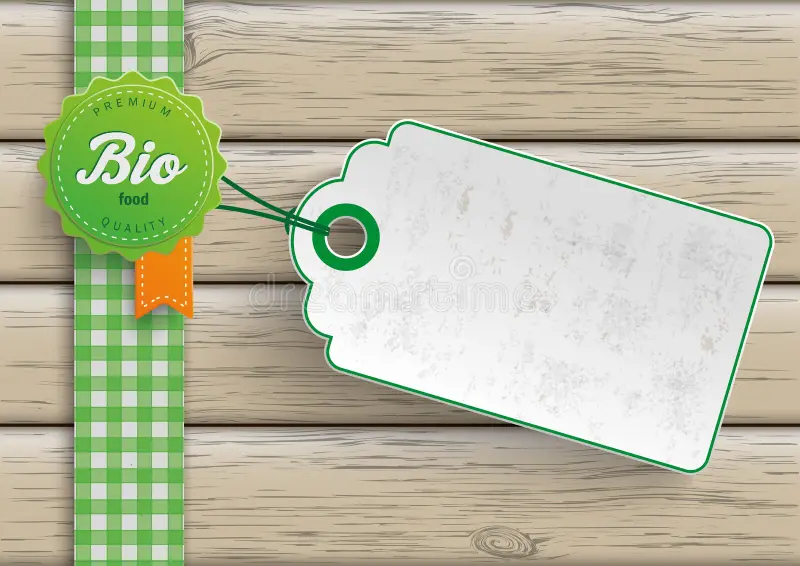So, you’ve finally written the book. The blood, sweat, late-night snacks, and countless cups of coffee have all paid off. You’re ready to share your story with the world. But hold up—before you hit publish or send your manuscript off to someone who promised the stars, let’s talk about something that doesn’t get enough spotlight: publishing pitfalls.
First-time authors often enter the publishing world full of hope, only to get tangled in traps they didn’t see coming. It’s not your fault—the industry is complex, and no one hands you a manual. But if you’re aware of the most common mistakes, you can dodge them like a pro.
Let’s break it down, step by step.
- Rushing the Process
You wrote a book, and you’re understandably excited. But enthusiasm can quickly morph into impatience. Many first-time authors make the mistake of rushing through editing, skipping professional feedback, or jumping into publishing platforms without a strategy.
A great book takes time—not just to write, but to shape, polish, and position. Give your manuscript room to breathe. Step away for a week or two after your first draft. Come back with fresh eyes. Send it to beta readers. Hire an editor if possible. Rushing is the fastest way to stall your book’s success.
- Underestimating the Importance of Editing
Editing is not a luxury—it’s a necessity. We’re not just talking about spellcheck or grammar tweaks. Developmental editing, copy editing, and proofreading each play a unique role.
Too many debut authors think their writing is “good enough.” But readers notice sloppy work. And when they do? They leave reviews. Not the good kind.
Don’t let your book suffer from a lack of polish. Even a brilliant story can get buried under clunky sentences and plot holes.
- Design Disasters
Your book will be judged by its cover. We hate to break it to you, but it’s true. A poorly designed cover screams “amateur,” and it can repel readers before they even glance at the blurb.
Interior formatting matters too. If your margins are off, fonts are inconsistent, or the spacing looks weird on a Kindle—readers will notice.
Professional design doesn’t just make your book look pretty—it enhances credibility. First impressions count, especially in a crowded marketplace.
- Skipping the ISBN and Copyright Steps
These details may seem small, but they matter a lot more than they appear. Not purchasing your own ISBN (International Standard Book Number) means giving up a layer of control over your book. If you use a free one from a self-publishing platform, that company becomes the “publisher” of your book.
Likewise, skipping copyright registration is a rookie move. While your work is technically copyrighted the moment it’s written, official registration gives you legal protection if anyone decides to lift your words.
Protect your work. Own your book. It’s not just about pride—it’s about your rights.
- Going in Without a Marketing Plan
Here’s the shocker: your book won’t sell itself. Publishing platforms don’t hand out bestsellers on a silver platter. If you build it, they won’t necessarily come.
Many first-time authors publish and wait. And wait. Then wonder why sales flatlined. The truth? You need a plan before you launch.
Figure out your audience. Build anticipation. Plan your launch like an event. Think in terms of email lists, author websites, reader magnets, social media, press releases, and promotions.
Even a modest plan is better than winging it.
- Ignoring the Power of Reviews
Reviews are social proof. They tell other readers, “Hey, this book is worth your time.” Yet many new authors make the mistake of not asking for them—or worse, assuming readers will leave one on their own.
Newsflash: most won’t unless you ask.
There’s nothing wrong with a gentle follow-up. “If you enjoyed the book, I’d love for you to leave a review—it really helps!” Keep it simple, and always stay professional.
And no, asking your mom to leave a glowing five-star review doesn’t count (but we won’t tell if you do).
- Overpaying for the Wrong Services
Publishing scammers exist. Unfortunately, they prey on first-time authors who are overwhelmed, excited, and unsure of what’s normal. If someone promises to get your book on bestseller lists for a fee, run the other way.
Some packages sound glamorous—”Global distribution!” “Guaranteed sales!”—but they often deliver very little. Do your research. Check reviews. Look for transparency. If the price tag feels suspiciously high with vague promises, trust your gut.
Real publishing help exists. And it doesn’t have to feel like a scammy sales pitch.
- Neglecting Author Branding
You don’t need to be a social media influencer, but you do need to think of yourself as a brand. You’re not just selling a book—you’re building a presence.
What do readers remember about you? What tone do you write in? What kind of stories do you tell? Are you consistent across your website, your newsletter, and your posts?
Your author brand helps readers connect with you and become loyal fans. And that’s how you sell not just a book—but future books, too.
- Failing to Think Long-Term
Many new authors pour everything into the first book and forget to plan for what’s next. But here’s the thing—readers who love your first book will want more. And if you’re not ready to give them that, they’ll move on to someone else who is.
It’s smart to think beyond the debut. Start outlining your next project. Consider how your books can connect—whether through series, themes, or style.
Publishing isn’t a one-hit game. It’s a long-term relationship with your readers.
Final Thoughts: You Don’t Have to Go It Alone
The truth is, publishing is overwhelming. But it doesn’t have to be impossible. You’re not the first to face these hurdles, and you won’t be the last. The good news? There are experts who live and breathe this process.
Take BNN Publication, for example. They’ve helped many authors avoid these exact traps—not by offering cookie-cutter solutions, but by tailoring support to each writer’s vision. From editing to marketing, branding to distribution, they understand what a successful publishing journey actually looks like.
And perhaps most importantly—they listen. Whether you’re nervous, confused, or just plain stuck, having someone in your corner who’s done it all before can make the difference between a rocky launch and a smooth one.
So yes, publishing is tough. But it’s also incredibly rewarding—especially when you sidestep the pitfalls that trip up so many. Start smart, stay curious, and don’t be afraid to ask for help. Your book deserves that much.
And so do you.


